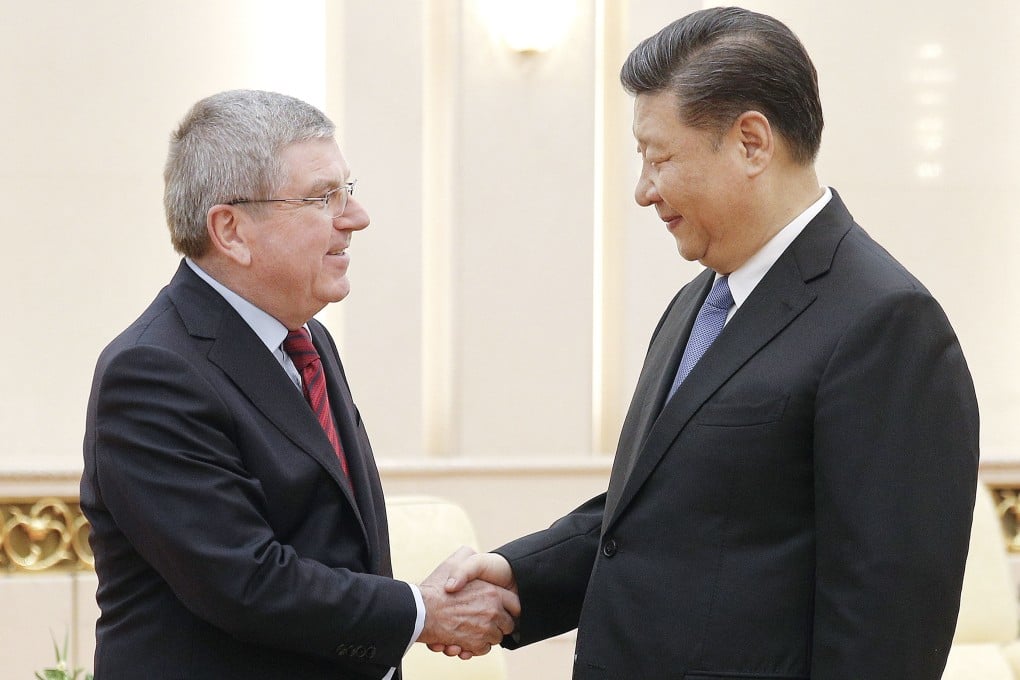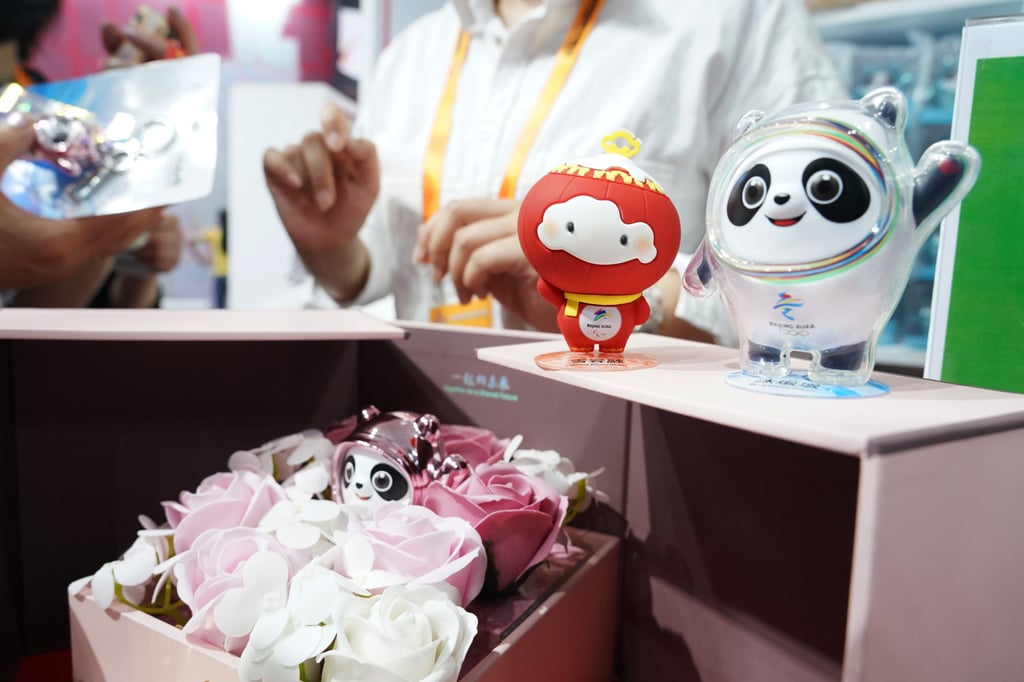After Beijing 2022 scrutiny, Olympics body given scope to tackle host nations on human rights
- Document published after outgoing UN human rights chief released report saying China’s alleged detention of Uygurs may be a crime against humanity
- Framework will ‘fundamentally shape working practices of Olympics, ensuring human rights are respected within respective remits’, governing body says

The IOC approved its human rights strategy on Friday, completing a years-long process months after the Beijing Olympics brought scrutiny on how sports engage with a host nation’s record on discrimination and civil liberties.
The 50-page Olympic document guided by United Nations principles was also published one week after the outgoing UN human rights chief Michelle Bachelet released a report that said China’s detention of Uygurs and other ethnic groups may be a crime against humanity.
Beijing has categorically denied these allegations, saying that its vocational training centres are used for deradicalisation and to combat terrorism.
The International Olympic Committee’s rights framework comes more than two years after taking recommendations in a report co-written by Bachelet’s predecessor, Prince Zeid Ra’ad Al Hussein of Jordan.
“The framework will fundamentally shape the working practices of the IOC, the Olympic Games and the Olympic movement, ensuring that human rights are respected within their respective remits,” the Olympic body said on Friday after a board meeting.

Those remits have typically limited the IOC’s ability or willingness to tackle host nations beyond specific sports issues like organising events and preparing venues.